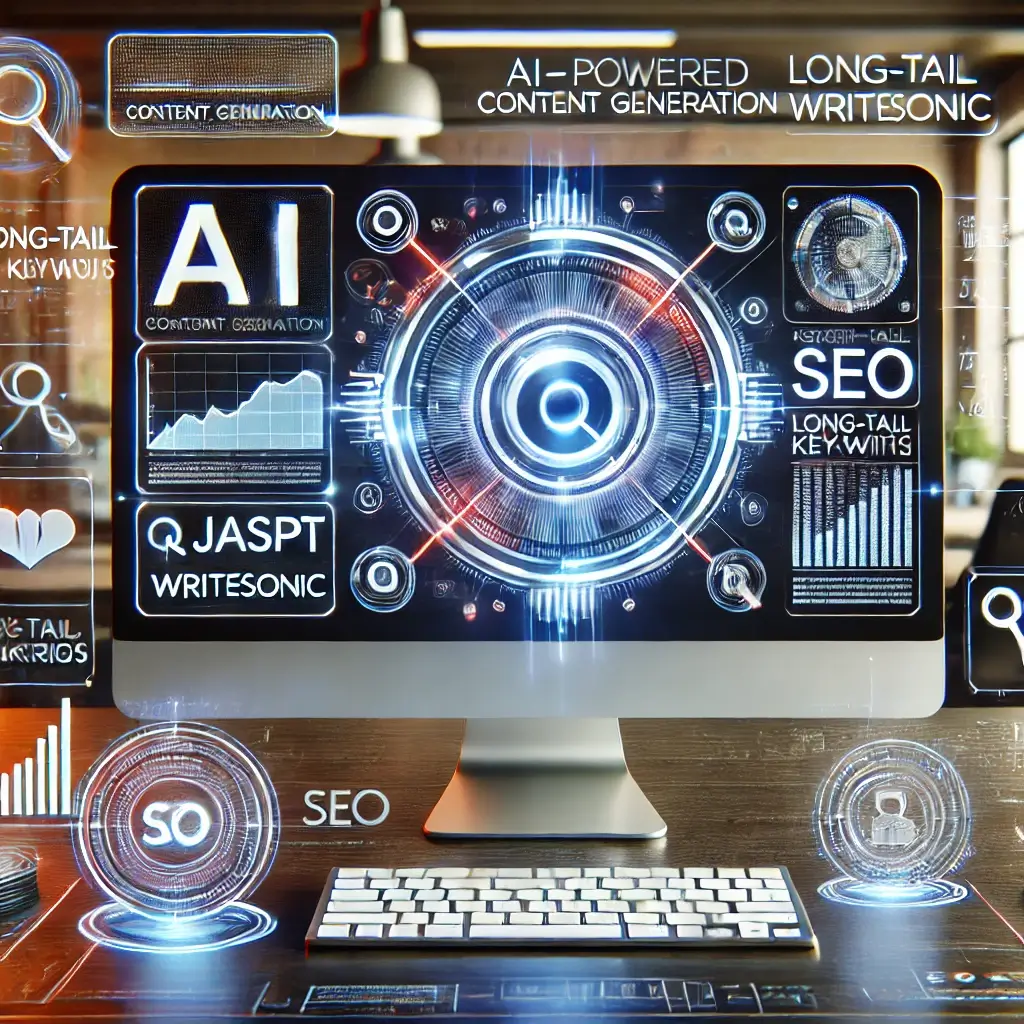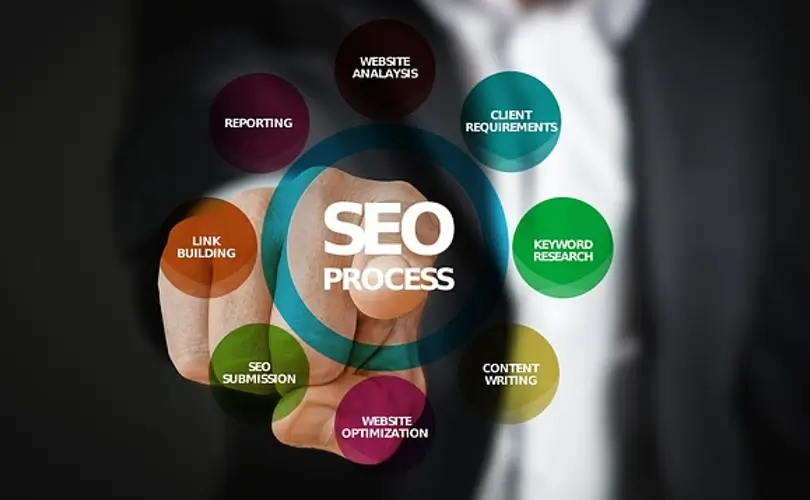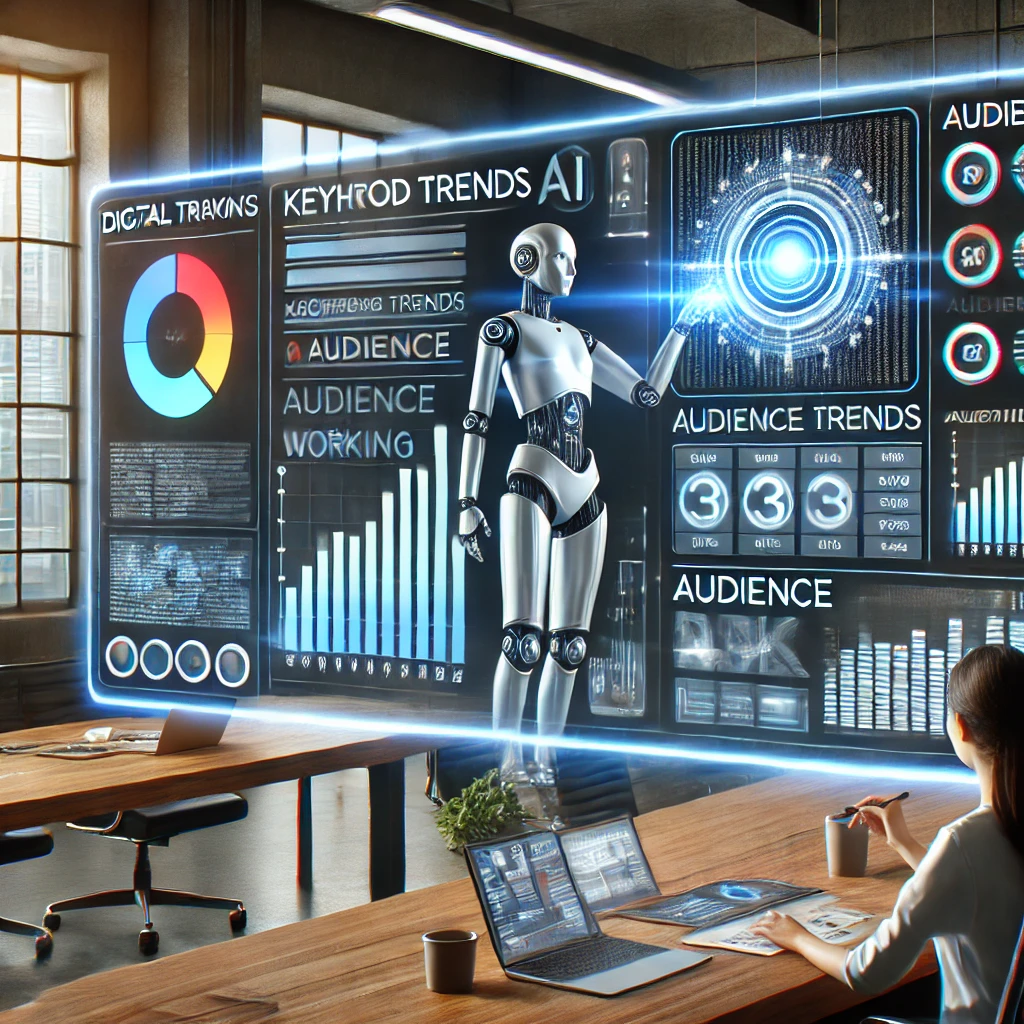The Impact of AI on Digital Marketing
Artificial intelligence (AI) has revolutionized many industries, and digital marketing is no exception. As we advance toward 2025, the use of AI-generated content is set to become a cornerstone in search engine optimization (SEO) strategies. This transformation provides businesses the ability to generate high-quality, search-optimized content at scale, meet audience demands efficiently, and outpace competitors in the digital space. Yet, for SEO professionals and business leaders, leveraging AI-generated content effectively requires not only familiarity with AI tools but also an understanding of SEO fundamentals and ethical guidelines.
AI Content Generation Benefits
AI content generation simplifies tasks like content creation, keyword targeting, and audience personalization. However, its true power lies in its ability to identify content gaps and optimize strategies for both long-tail and competitive keywords. By integrating tools such as ChatGPT, Jasper, and Writesonic, companies can achieve unparalleled scalability while maintaining authenticity and relevance. This article aims to guide SEO beginners through the integration of AI-generated content into their strategies, offering actionable tips, real-world examples, and best practices backed by current research and expert insights.
Leveraging AI for SEO Success
Identifying Content Gaps
AI platforms like Semrush and BrightEdge analyze search trends and competitor performance, identifying untapped areas that businesses can target. Addressing these gaps with AI-driven content ensures improved visibility and engagement.
Real-World Success with AI Content
Case Example: A health and wellness blog used Semrush to discover underserved keywords around holistic therapies. By generating AI-optimized posts, traffic surged by 20% within six months (Semrush, 2024).
Capitalizing on Seasonal Trends
AI tools also provide insights into seasonal trends, enabling marketers to create timely and relevant content that resonates with their audience.
Optimizing Long-Tail Keywords
Long-tail keywords, with their specific intent, are perfect for targeting niche audiences. AI tools like Clearscope refine content, ensuring keyword placement aligns with user search behavior.
Long-Tail Keyword Success Story
Case Study: An eco-friendly apparel brand used Jasper to create blog posts for phrases like “best organic fabrics for toddlers,” boosting organic search traffic by 35% (Forbes, 2023).
Enhancing User Engagement
In addition, AI-generated content enhances user engagement by answering specific queries with precision, a crucial factor in improving search engine rankings and user satisfaction.
Ensuring Quality and Originality
Pairing AI content with human review ensures the final output maintains authenticity and brand tone. Additionally, compliance with search engine guidelines—such as avoiding duplicate content and maintaining originality—is critical.
Combining AI and Human Expertise
Practical Example: A tech company collaborated with AI for drafting technical blogs, adding human edits to polish tone and verify facts, leading to a 15% increase in lead conversions (BrightEdge, 2023).
Tools for Content Refinement
AI-generated content also benefits from tools like Grammarly and Copysmith, which refine readability, tone, and SEO optimization. This hybrid approach ensures the content is not only efficient but also effective in capturing audience attention.
Ethical Considerations and Compliance
While AI-generated content offers efficiency, it also raises ethical concerns. Maintaining transparency with users about the use of AI tools is essential for building trust. Furthermore, adhering to SEO best practices, such as avoiding keyword stuffing and ensuring content relevance, protects against penalties from search engines like Google.
Hybrid SEO Approach Success
Case Study: A SaaS company implemented a hybrid approach by combining AI tools with manual keyword research, reducing the risk of penalties and achieving a 40% improvement in organic rankings (Google, 2023).
Sustainable SEO Growth
By staying updated with algorithm changes and ensuring alignment with user expectations, businesses can leverage AI responsibly to achieve sustainable growth.
Conclusion
Integrating AI-generated content into your SEO strategy is not just a trend but a necessity for staying relevant in a rapidly evolving digital world. By identifying content gaps, optimizing for long-tail keywords, and ensuring compliance with SEO standards, businesses can unlock their full potential. Research from industry leaders like Semrush and BrightEdge highlights the effectiveness of combining AI tools with human oversight for superior outcomes. As technology advances, the partnership between human creativity and AI precision will redefine the landscape of content marketing.
References
Semrush. “Using AI to Identify Content Gaps.” Published 2024. Link
Clearscope. “The Role of Long-Tail Keywords in AI-Generated Content.” Published 2024. Link
Forbes. “AI and SEO: A Symbiotic Relationship for 2025.” Published 2023. Link
BrightEdge. “AI Tools for Enhanced SEO Performance.” Published 2023. Link
Google. “SEO Guidelines and Best Practices for AI-Generated Content.” Published 2023. Link




